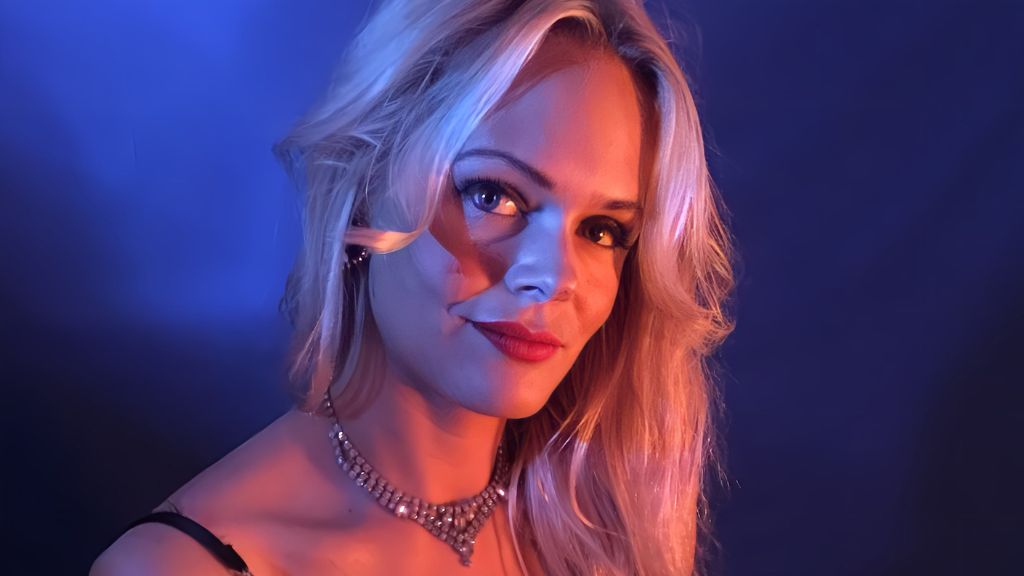Marzanna Breathes Strange New Life Into the Familiar

The following feature is now included in our online magazine which is also available in print.
Online Magazine | Print MagazineFor more details contact us at: volechomag@gmail.com
Marianne Nowottny has been a chameleon of a sort for all her working life. A composer, she has spent decades bending her voice to unearthly colors, stretching the limits of phrasing and atmosphere. Now, playing in her longtime alter ego Marzanna, she's pushed the cover album format in an album that is both predestined and unexpected. Plainly named Marzanna, the album combines covers of Kate Bush, David Bowie, Joni Mitchell, Siouxsie and the Banshees, and others' songs, songs that have intrinsic strong signatures, but here drawn into darker, dreamier landscapes.
Follow Our Playlist For More Music!
Covers aren't unfamiliar ground for Nowottny. She has dropped them around in her catalogue in records and live shows, Yazoo, Anne Murray, the Beatles, Nico, the Platters, Johnny Cash, Astrud Gilberto. But never has she given herself over entirely to the form. That's a central decision. It's not going back from writing to record an entire album of other people's work, but to claim a different type of writing: one that's informed by attentive listening, on shaping familiar melodies into new space until they're sounds like ghosts talking in new tongues.
She prolongs syllables so they hang, and shortens others with snapping sparks. That alone will set a mood, a mood where even the most familiar songs feel haunted, reborn. Hearing Marzanna sing Bowie or Joni Mitchell is to hear like the song is recalling itself in a dream, rewriting the edges of memory.
The making of the record wasn't easy. By the artist's own account, it nearly didn't happen at all. The five-year cycle of stoppages, respins, and technological catastrophes, crashed hard drives, misplaced songs, the plodding grind of start-over, should have killed the project a hundred times over. Instead, they imparted a sort of ruggedness. What ultimately came in sounds worn down by effort but unexpectedly calm, as if the perseverance it took to complete it infused the recordings themselves.
Marzanna did not embark on this trip alone. She extended a hand, calling in musicians and friends of all corners of the globe to carry their voices, their instruments, and themselves. That sense of camaraderie pervades the album, though mood continues ever her own. These are songs, also, with their revered beginnings concealed behind the illusion that they're being shared in hushed tones from room to room.
What is interesting about Marzanna is not that it reimagines the cover album, but that it tackles the concept uncharacteristically seriously. Rather than attempting to out-play the originals or play them ironically, Nowottny utilizes them as portals, familiar gateways that open up into foreign, fog-filled rooms. And in doing so, she demonstrates something about covers that is commonly lost: that they are not imitation or retro, but conversation. About how one hears a song differently from another's past, their phrasing, their suffering, their joy.
Through this album, Marzanna flips inside out the songs we thought we knew by heart, so we may hear them, as if for the very first time. It's not copy. It's revivification. And it echoes on long after the final note disappears.
